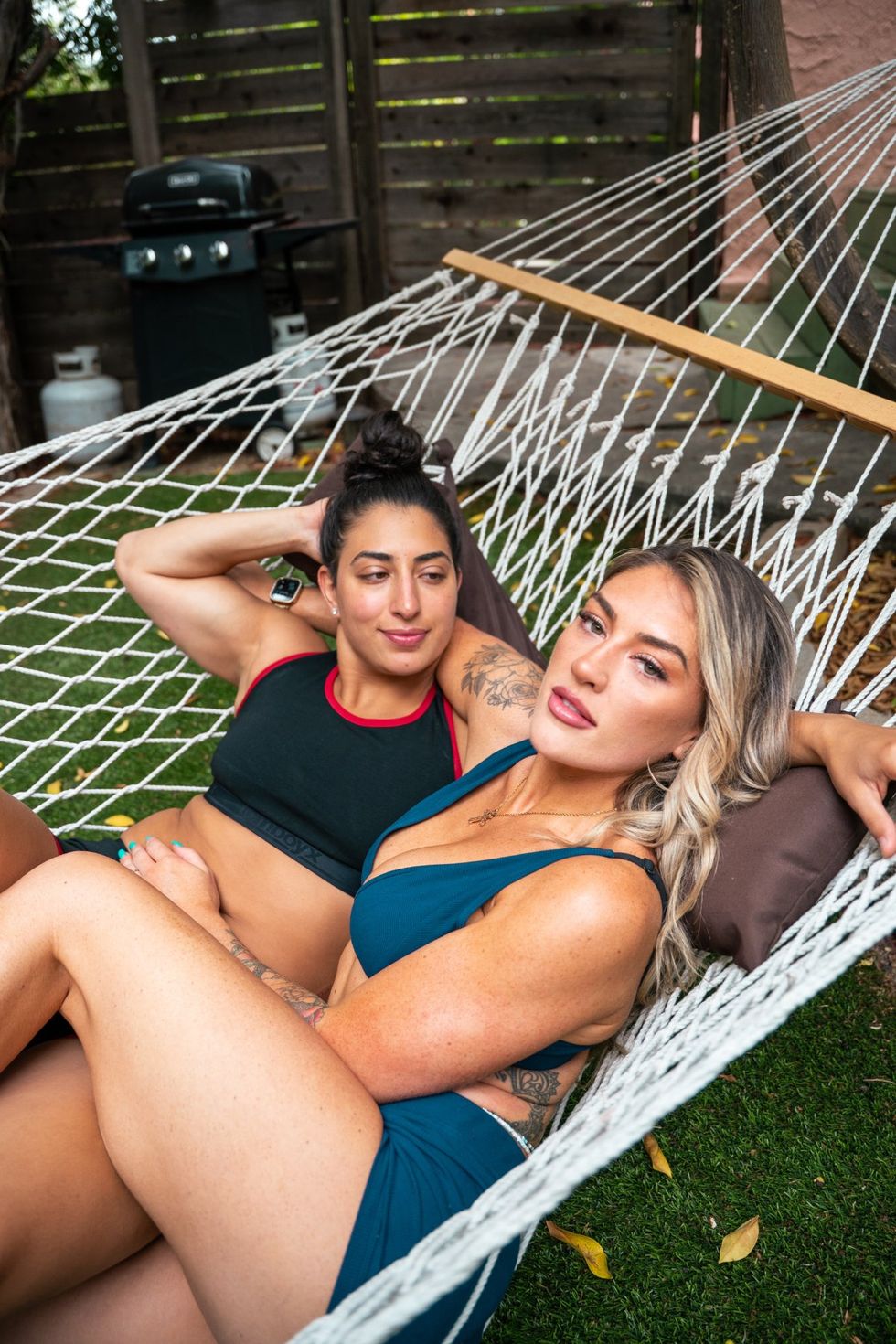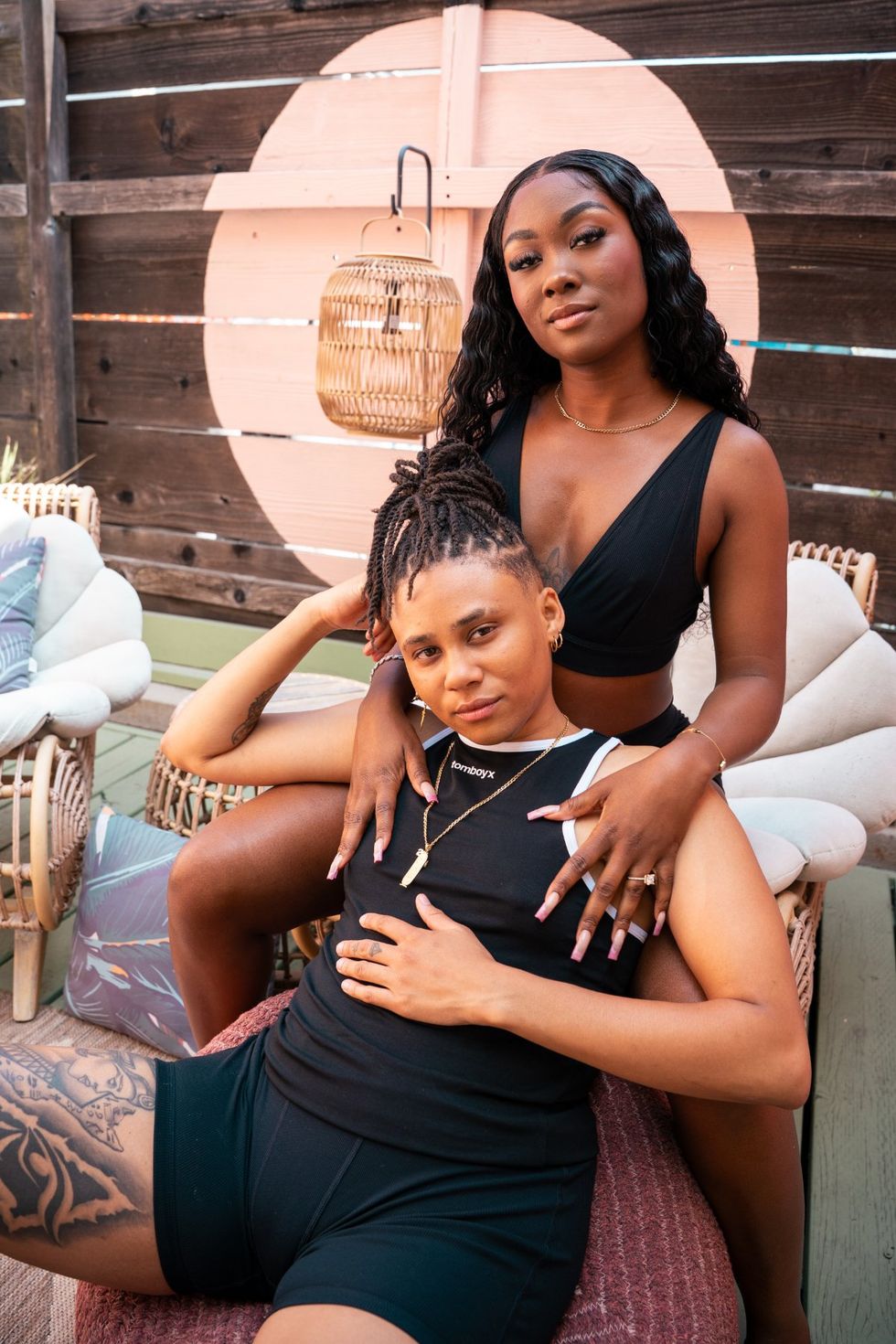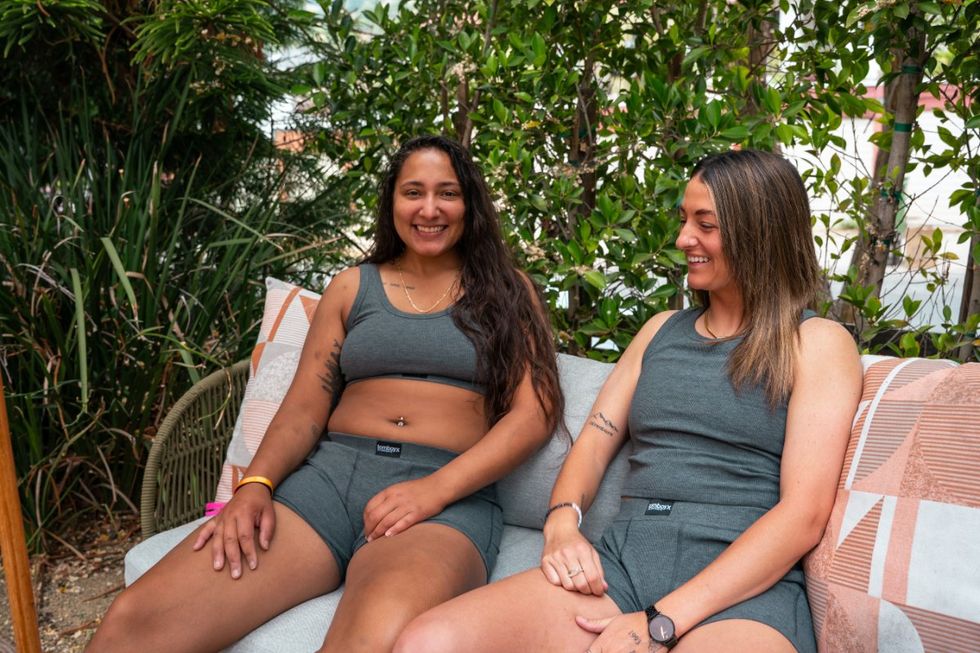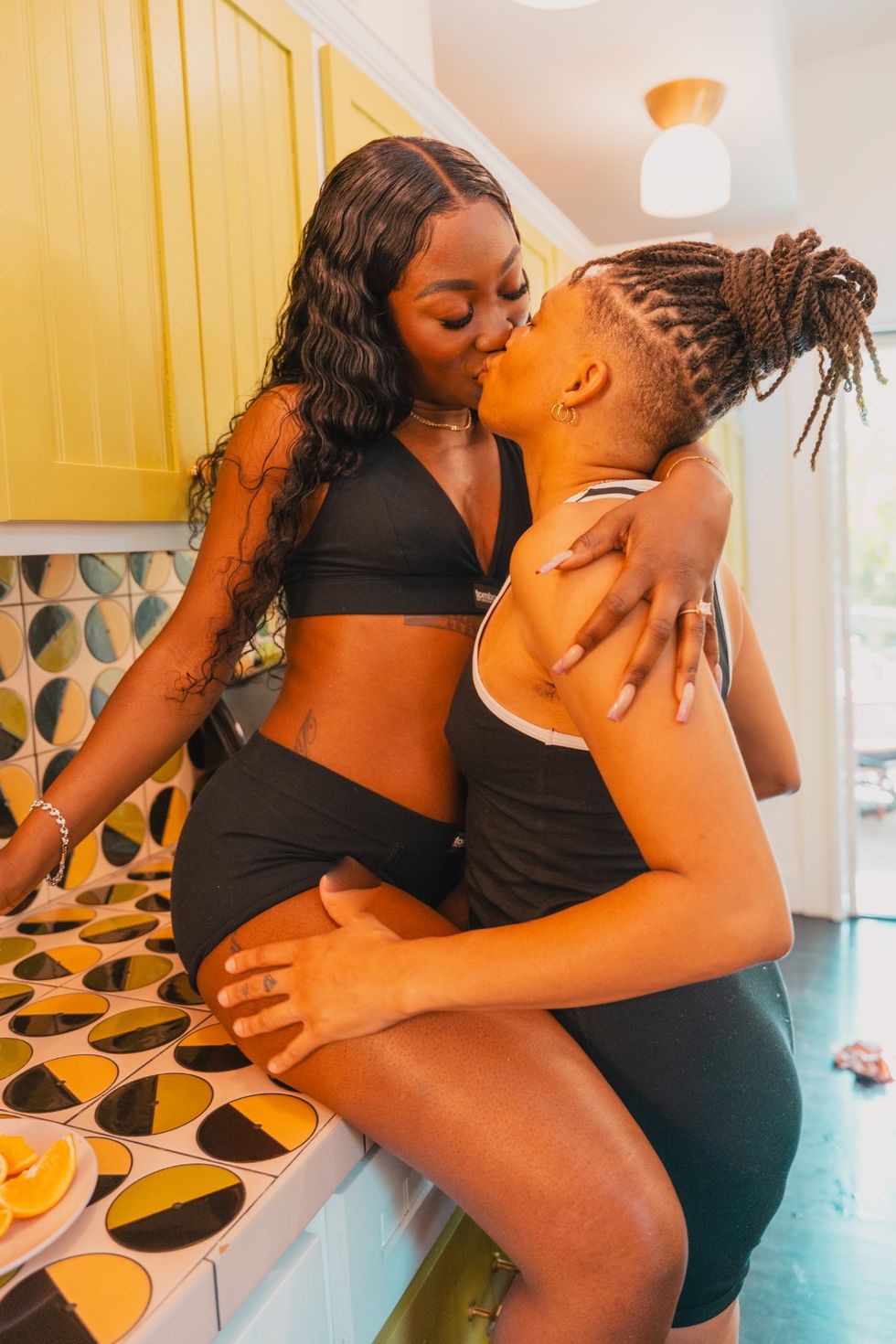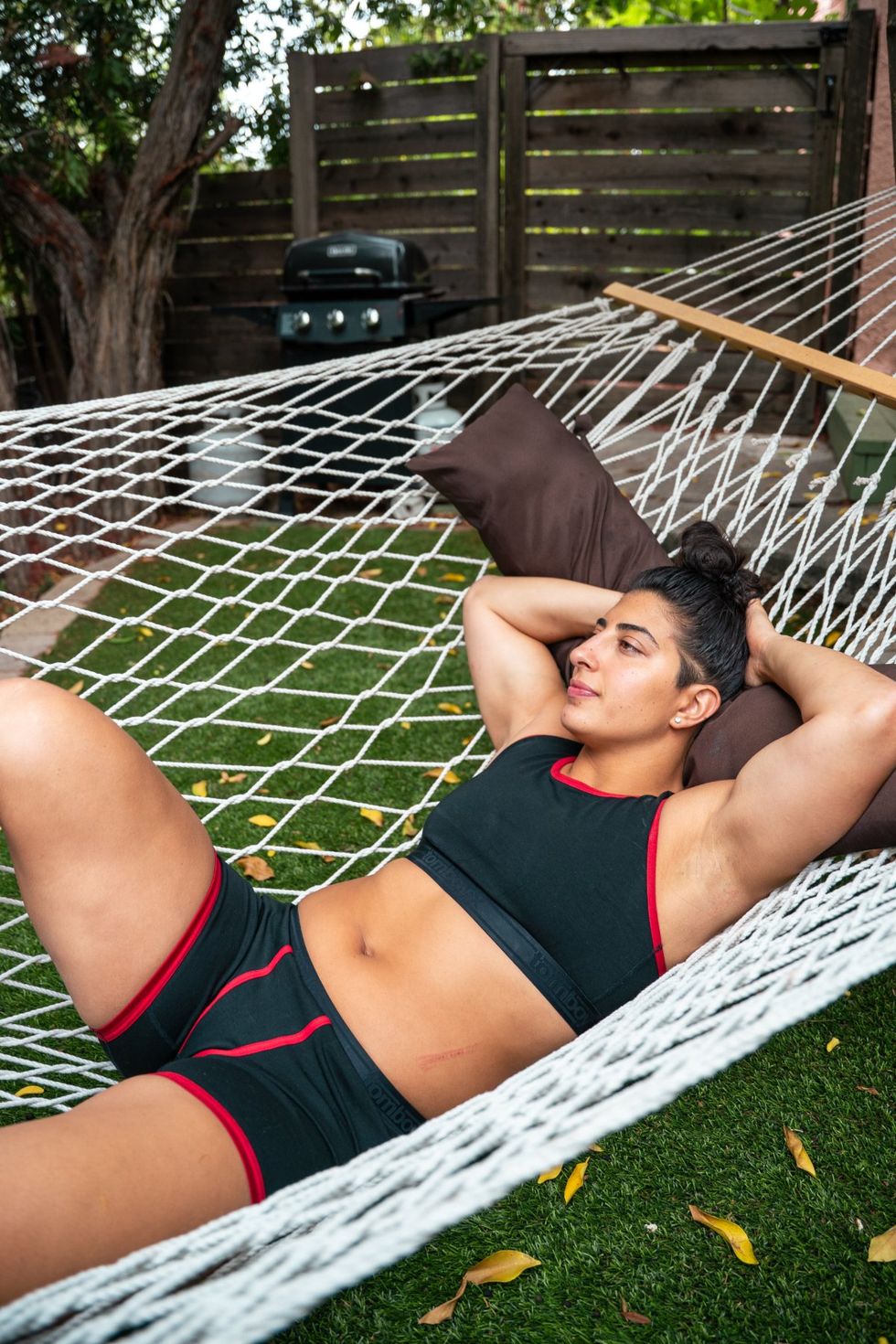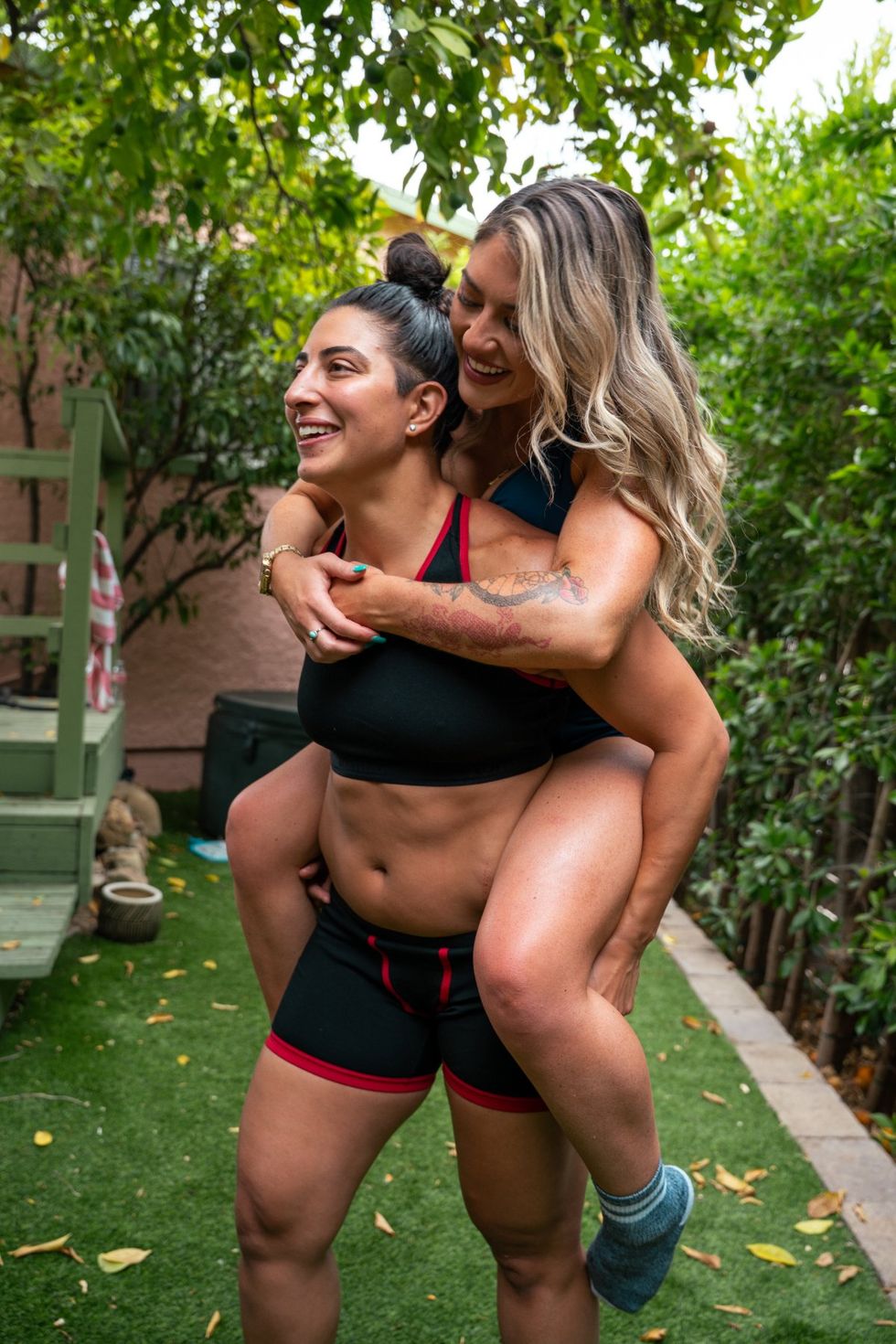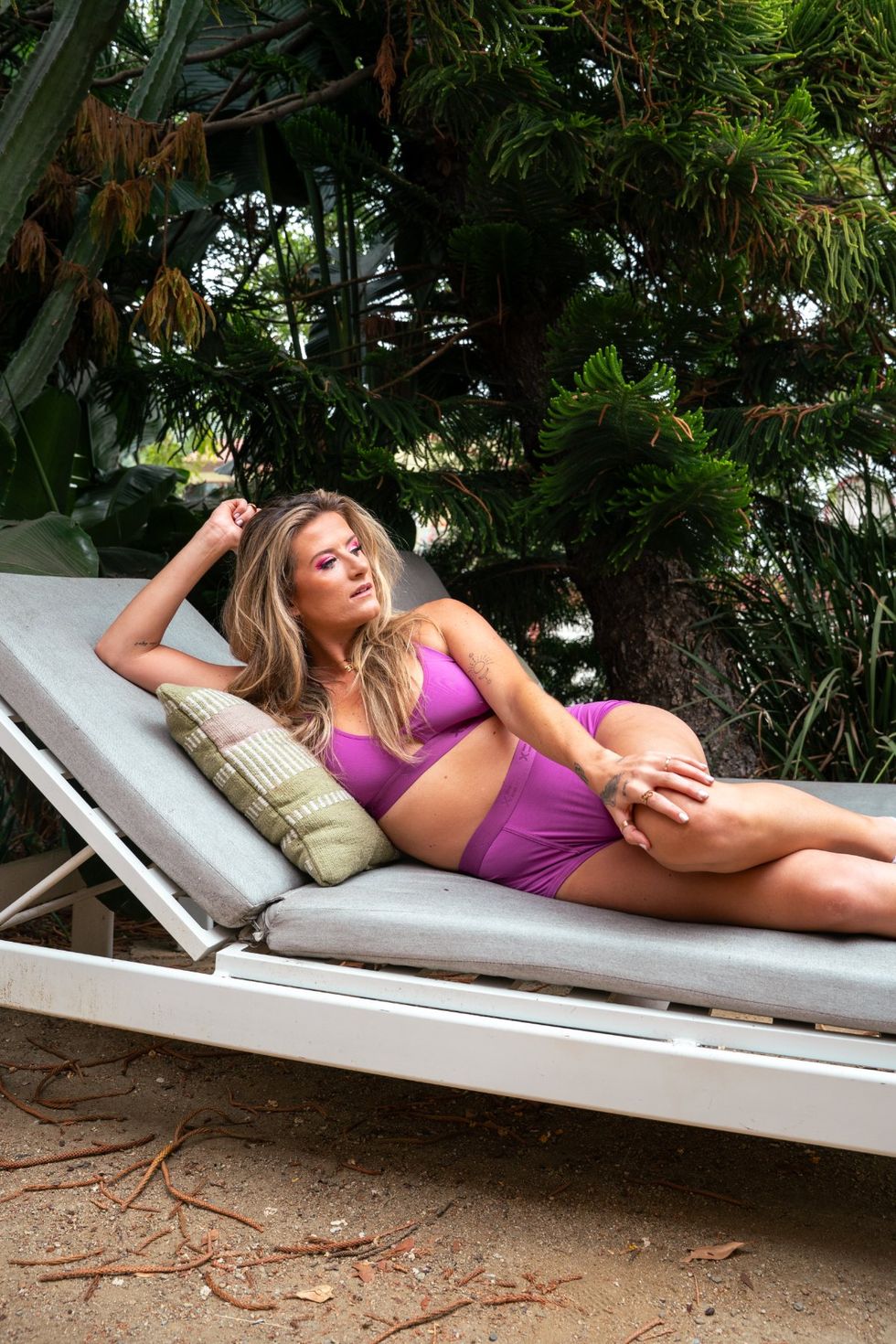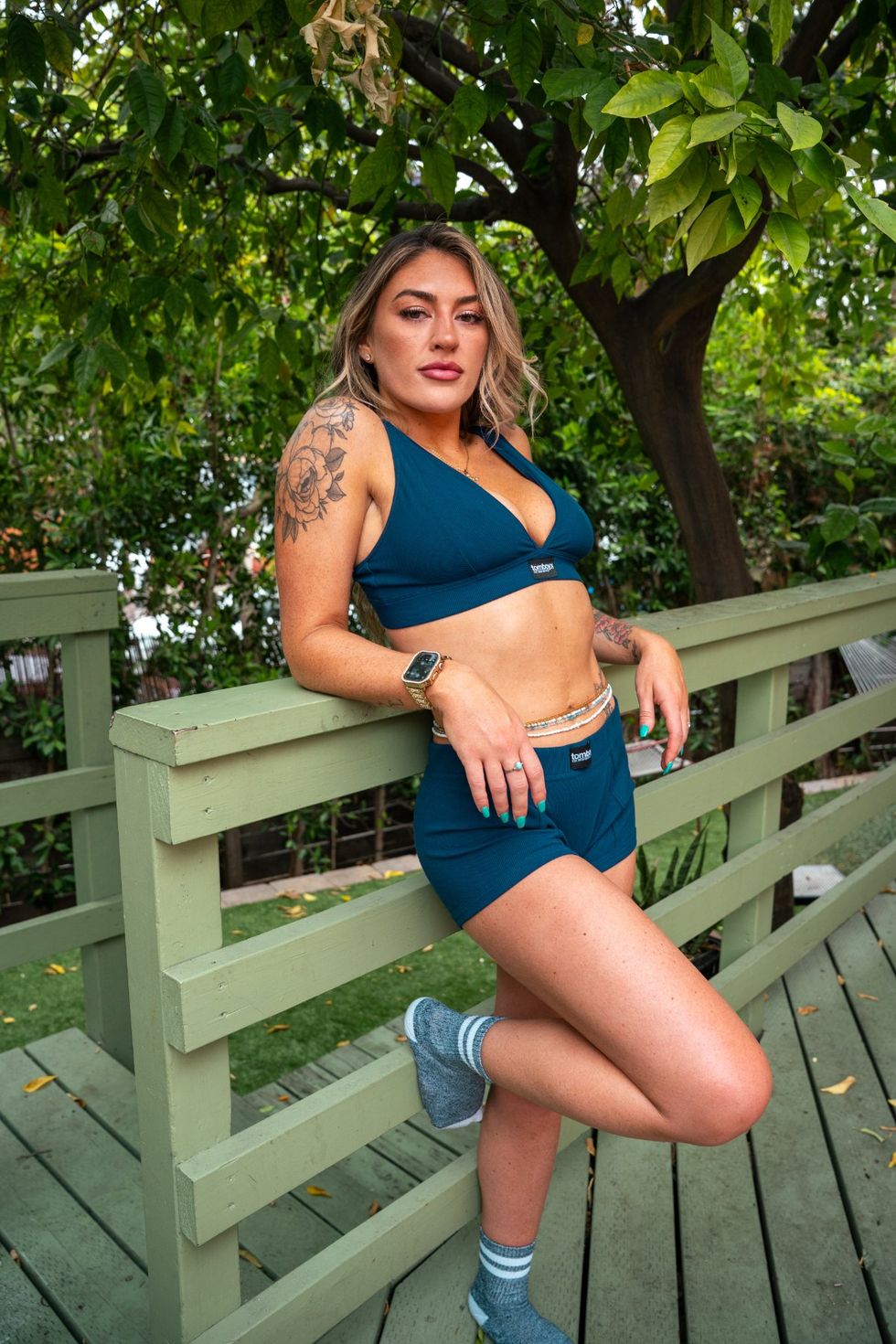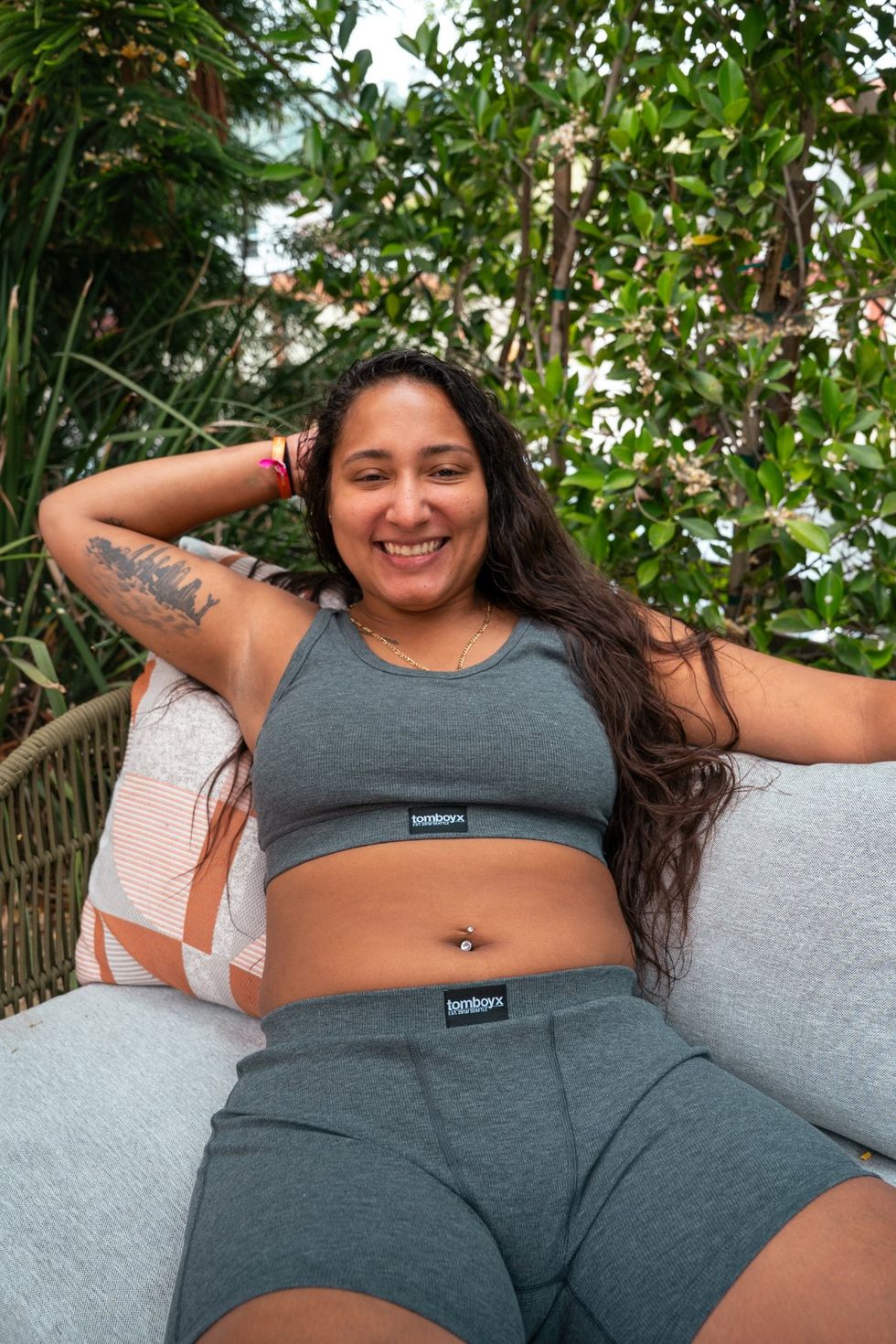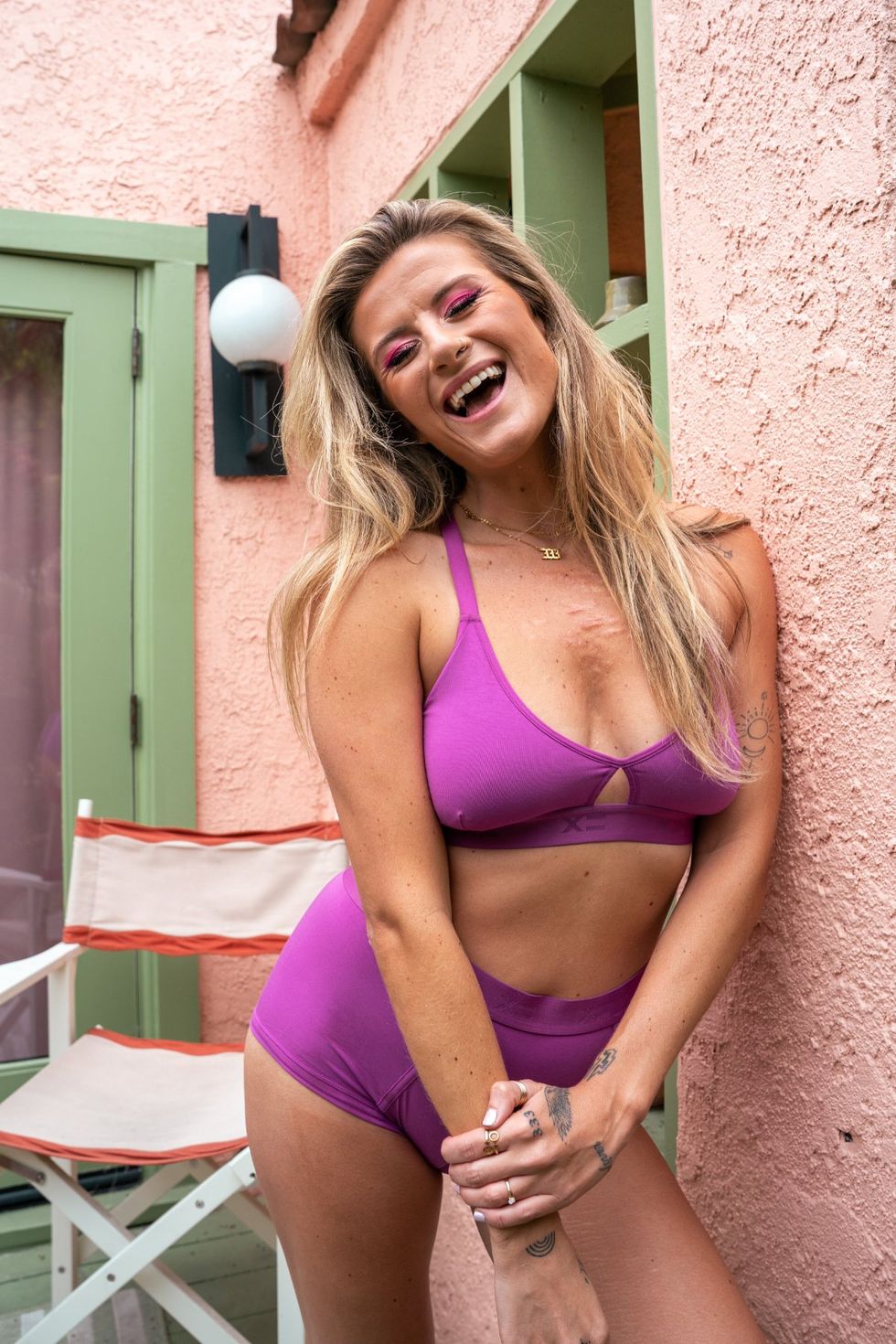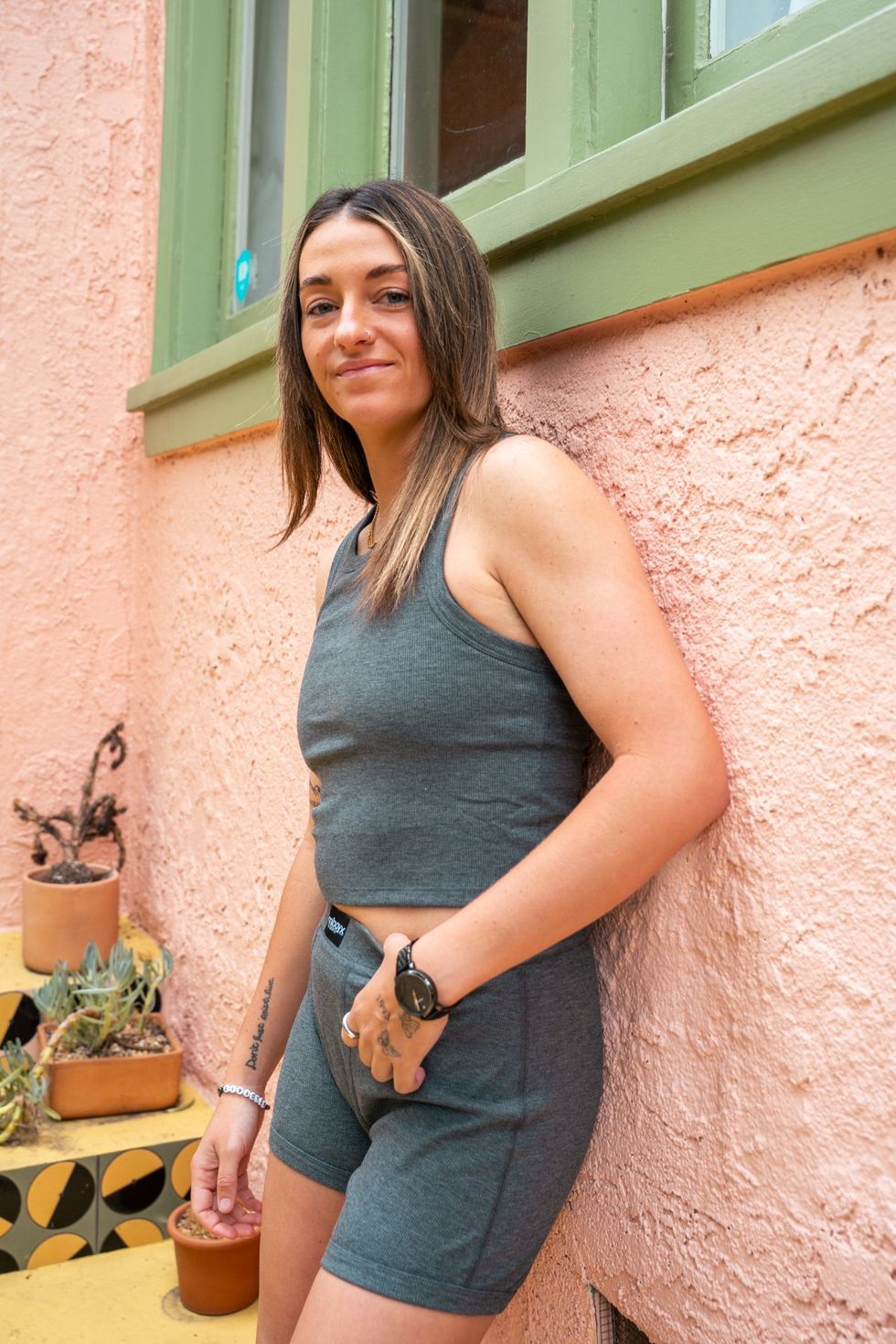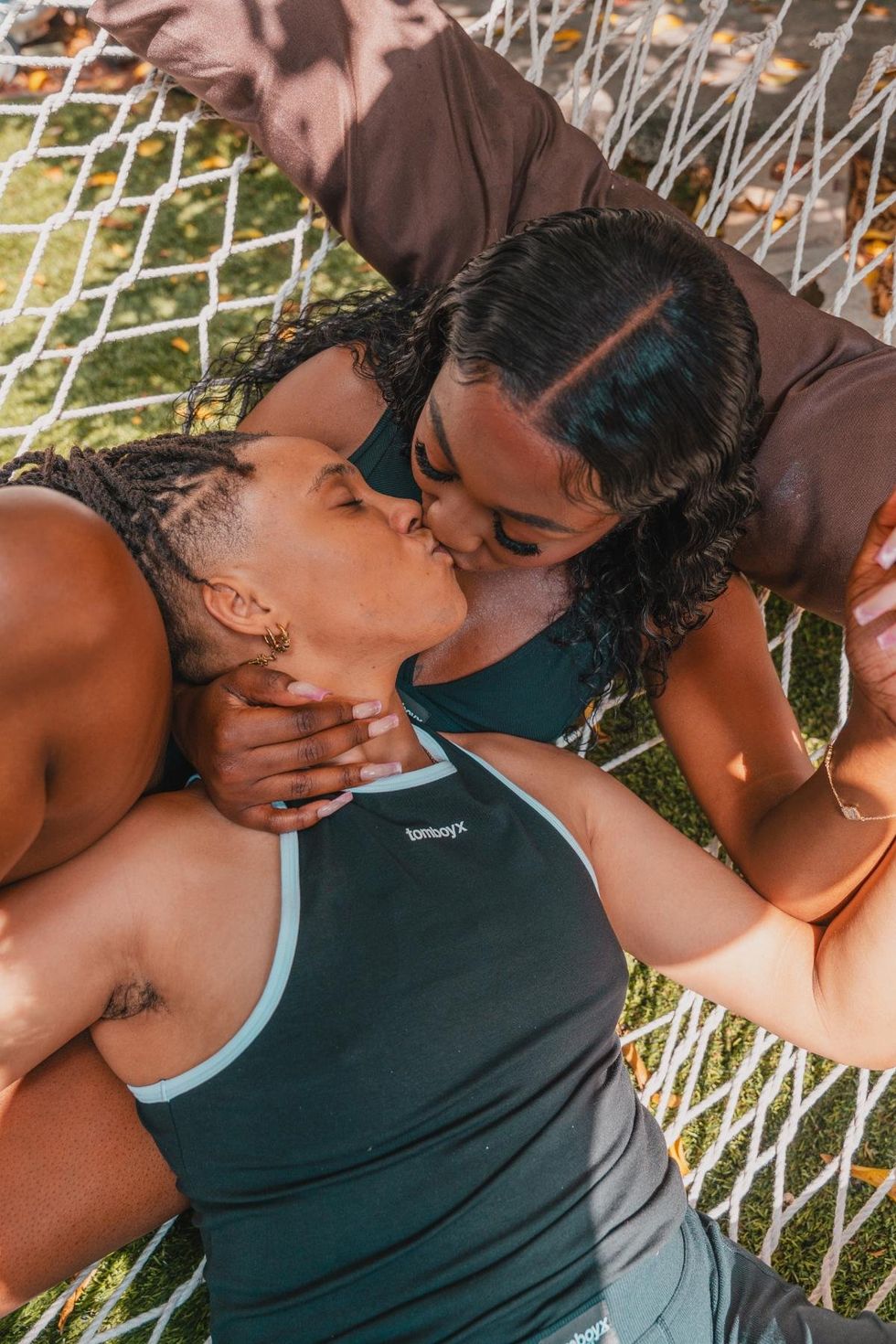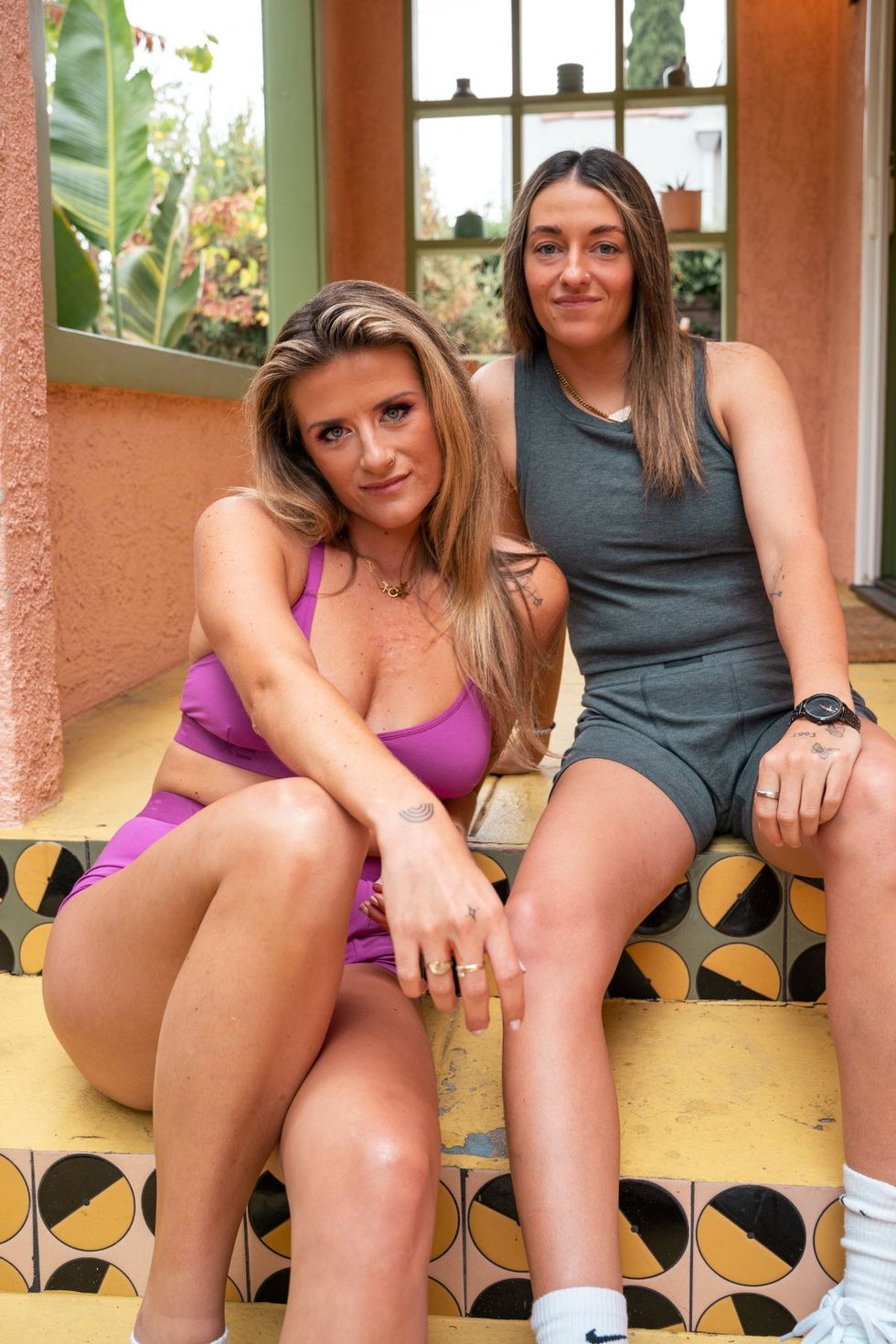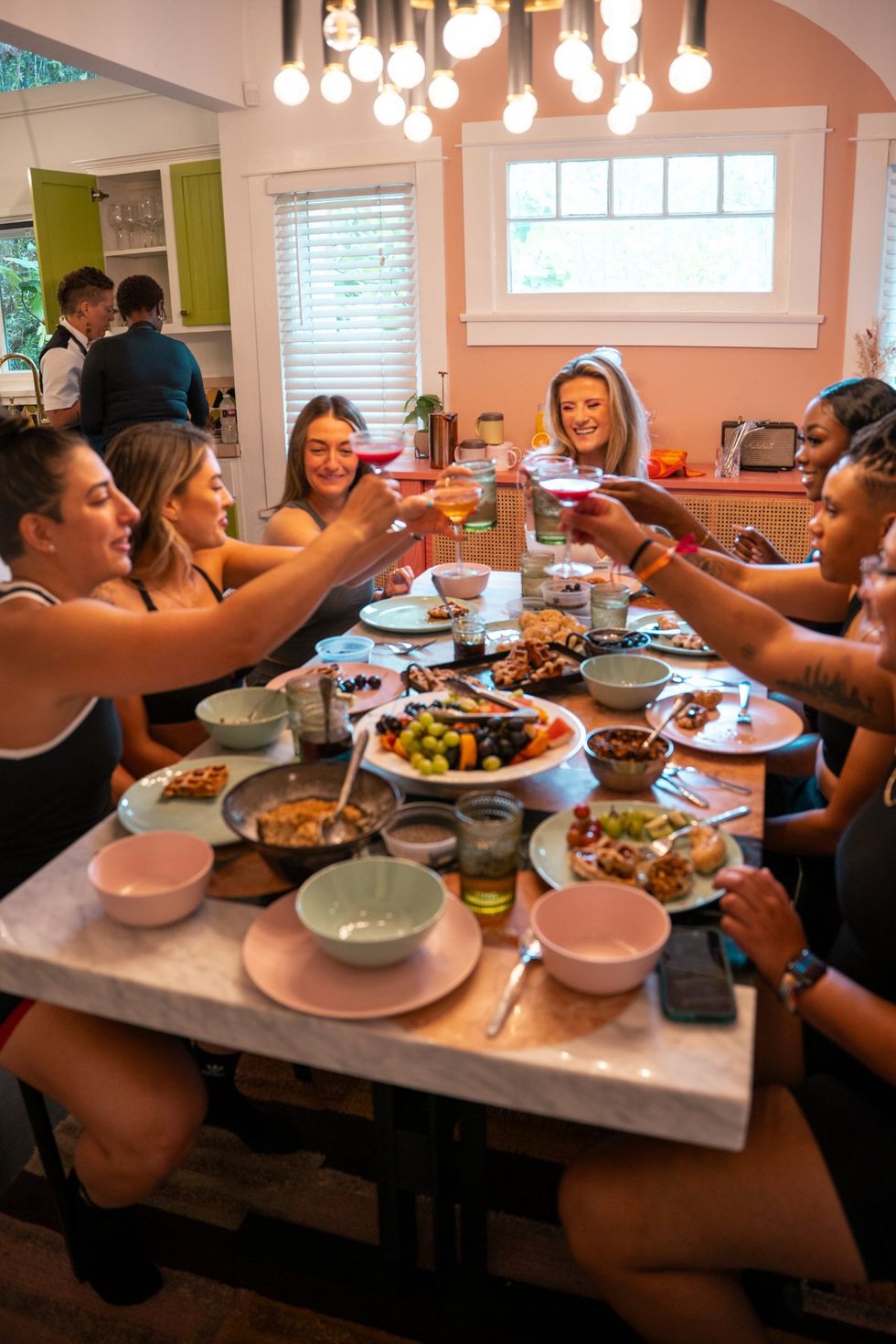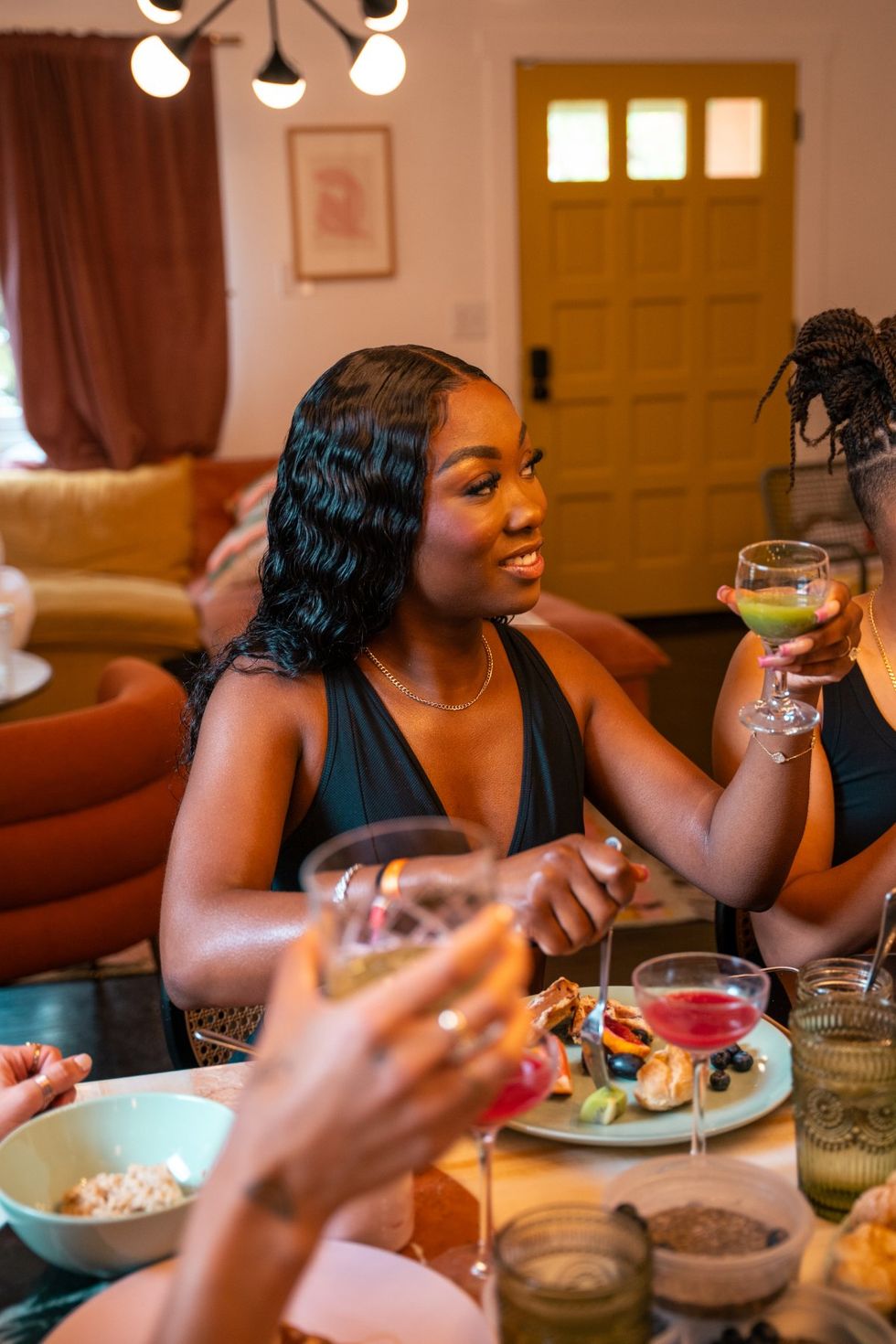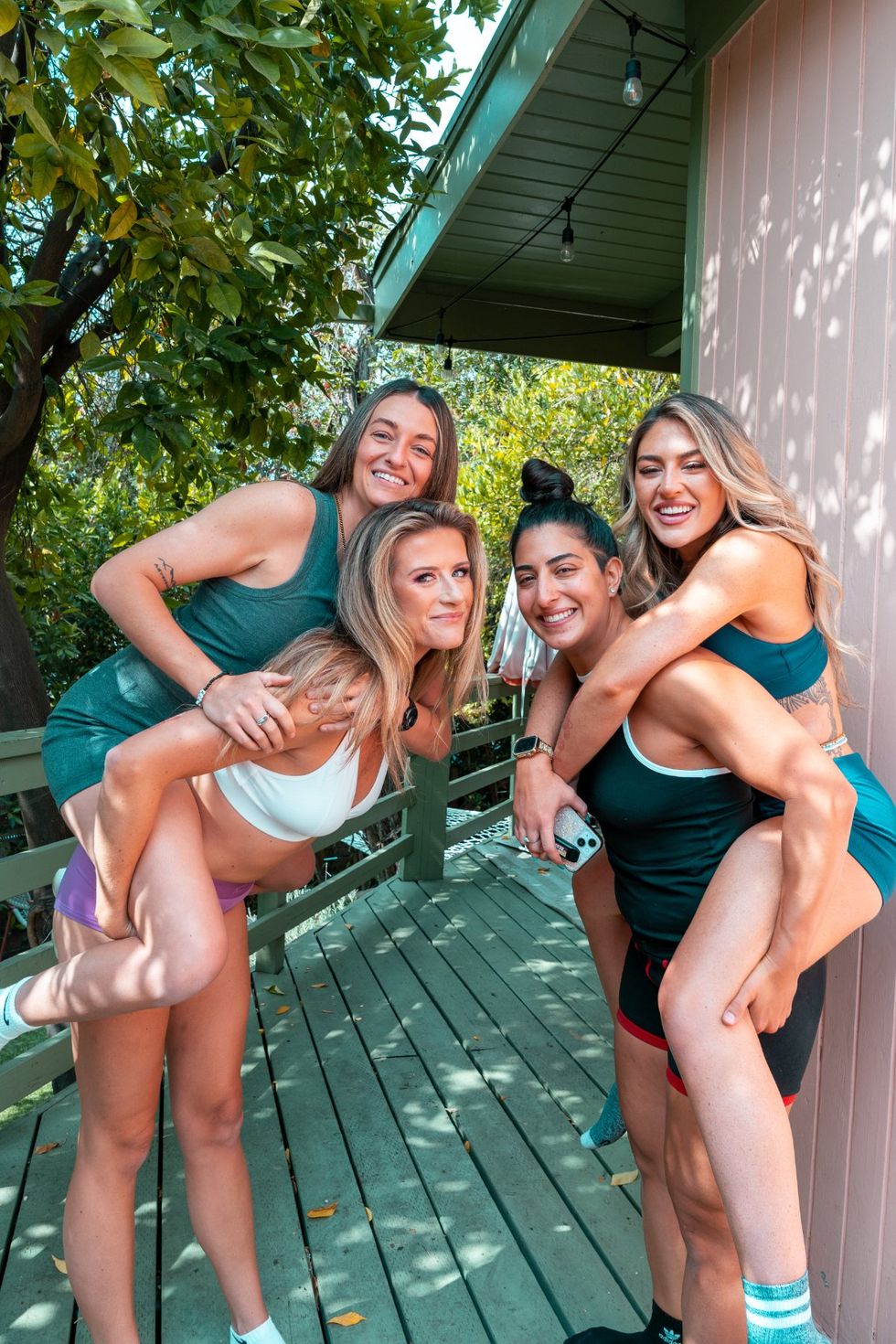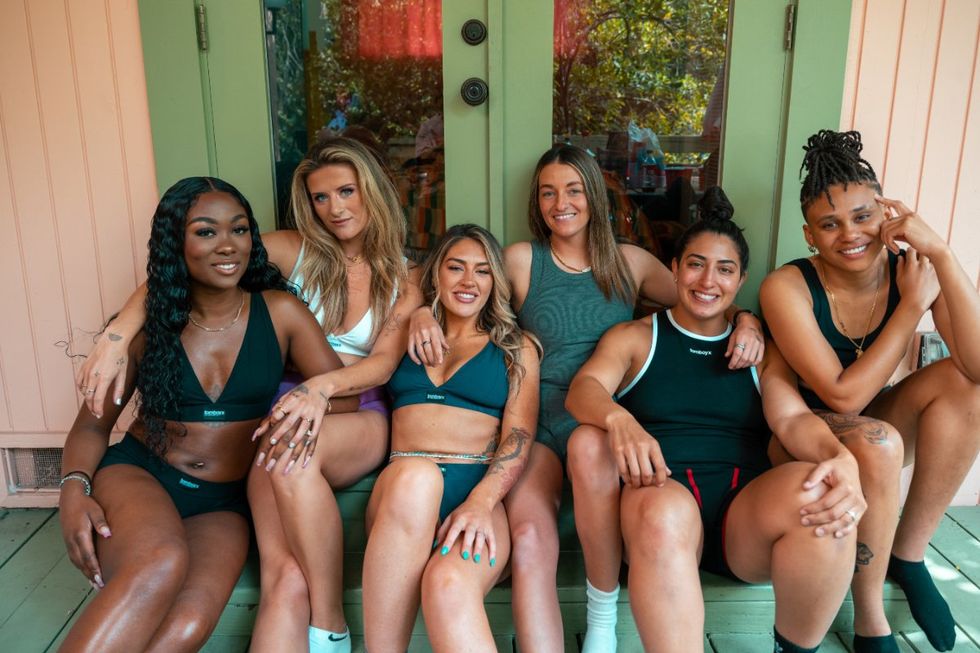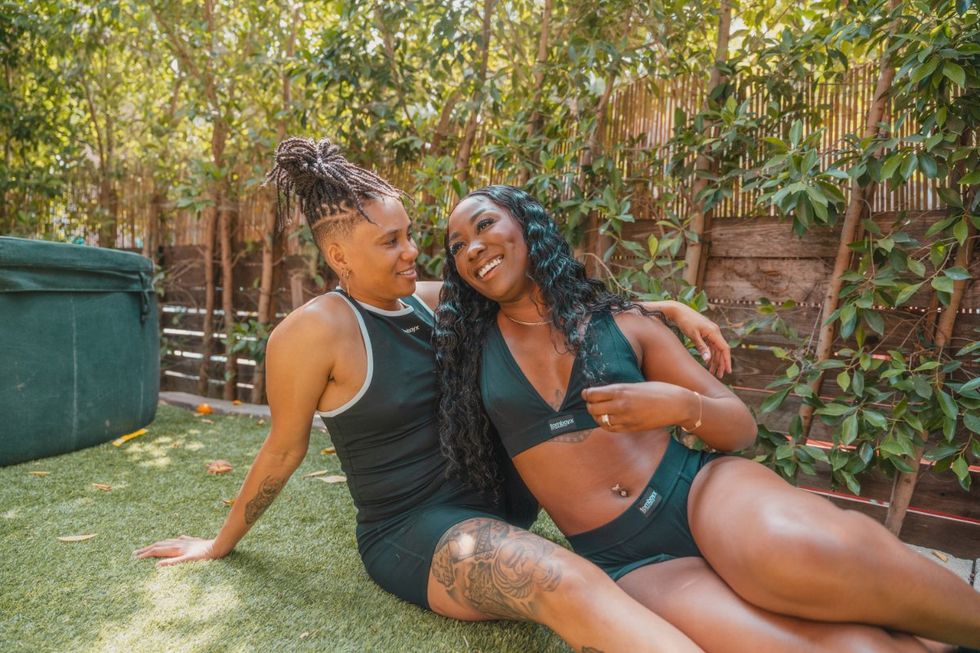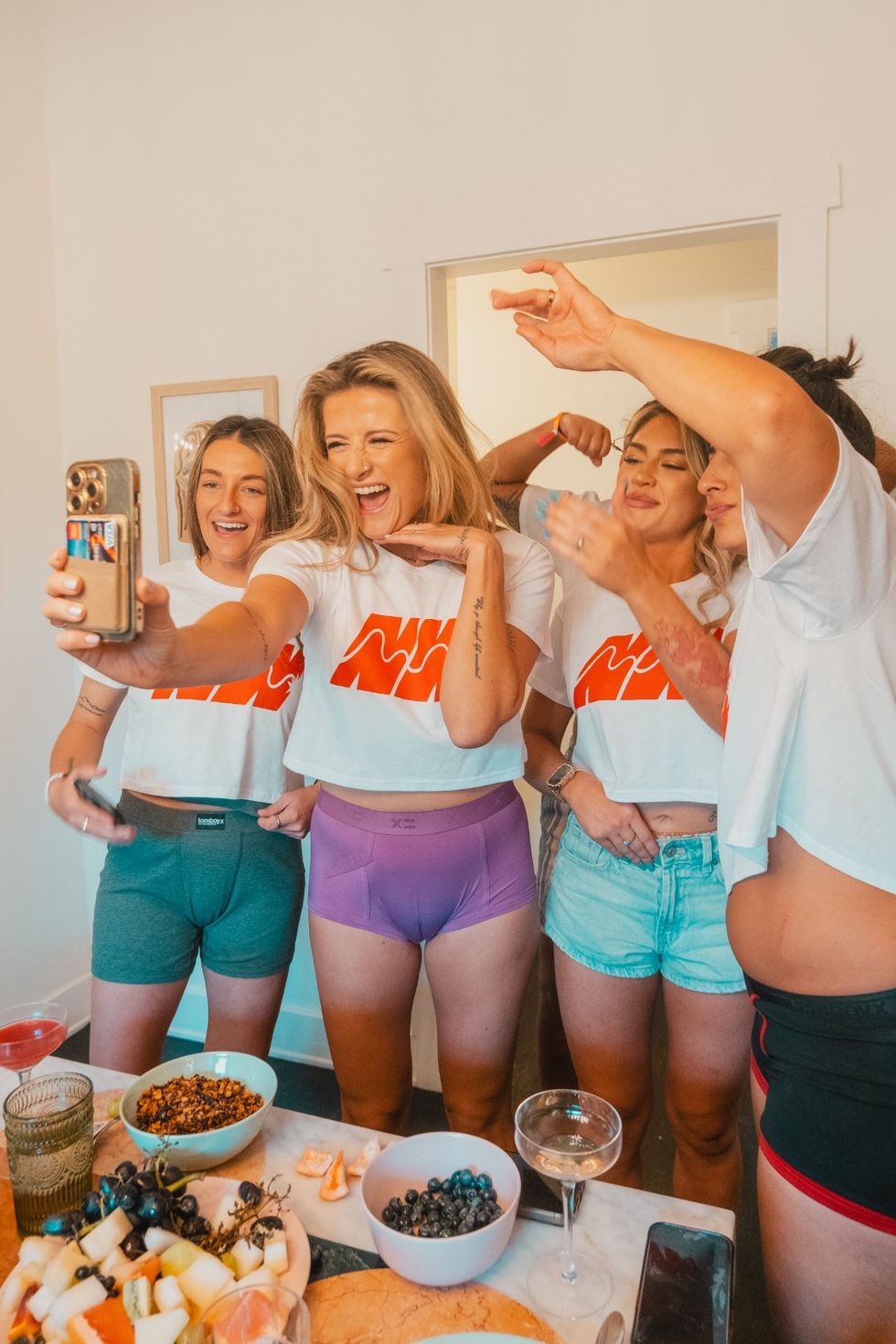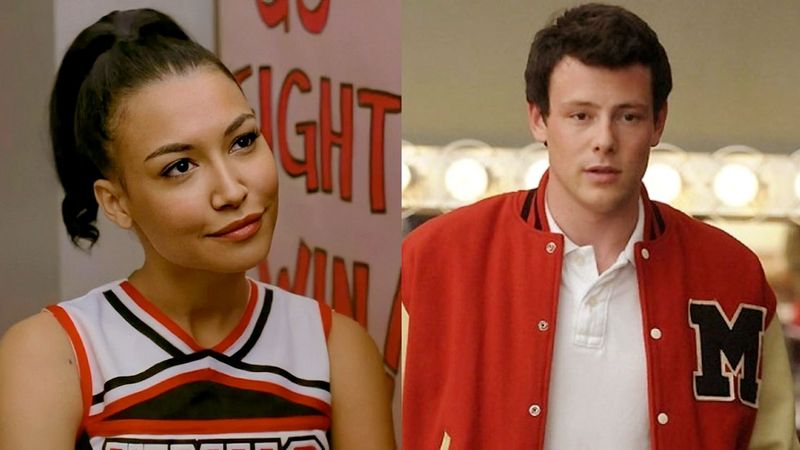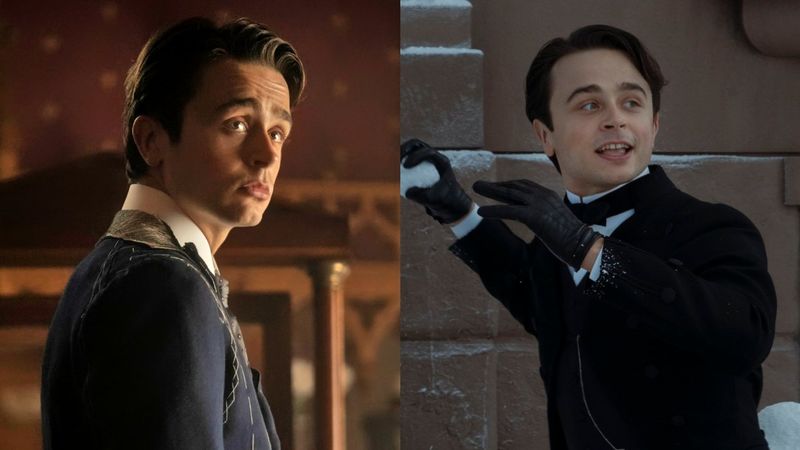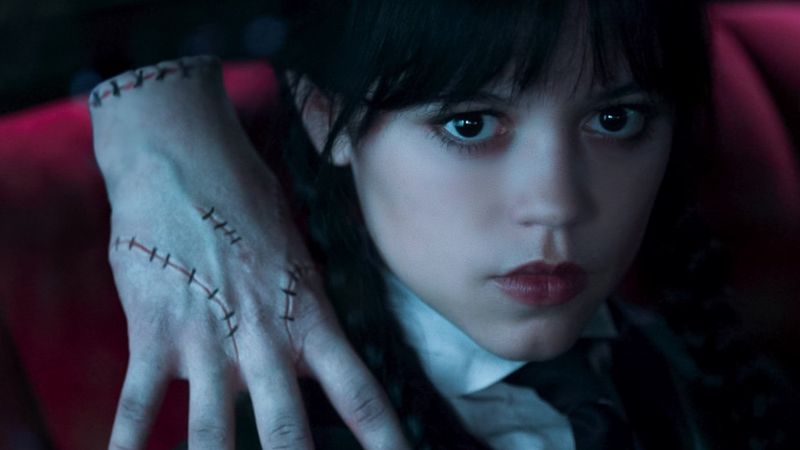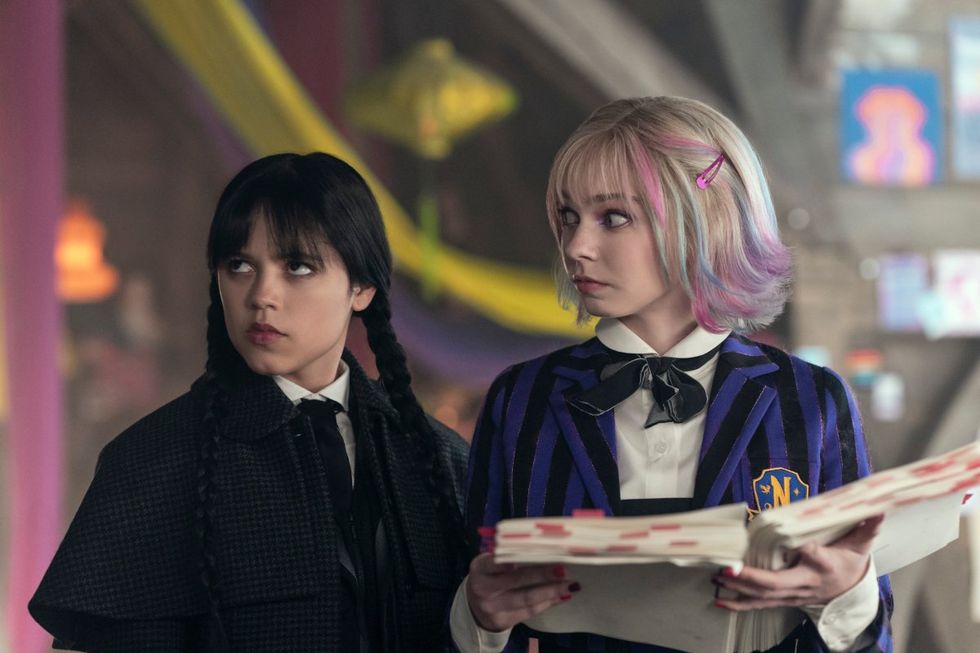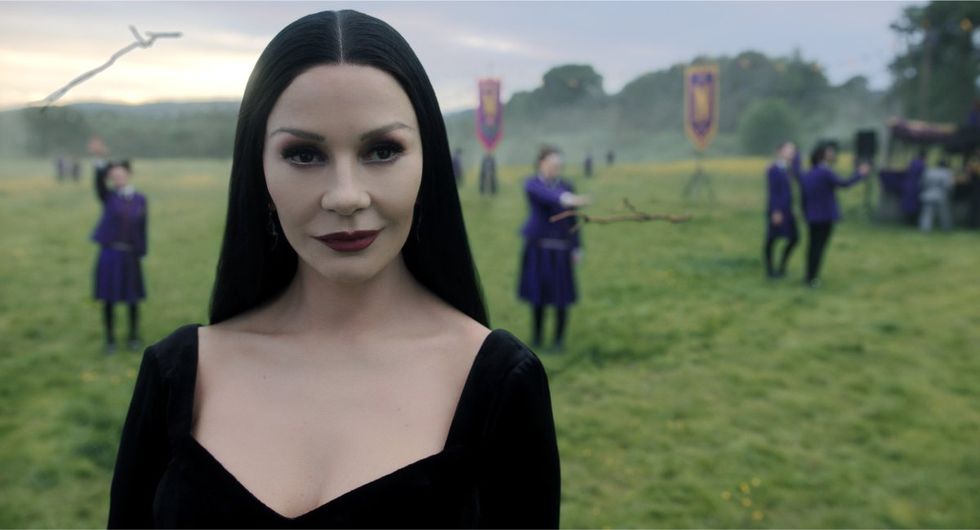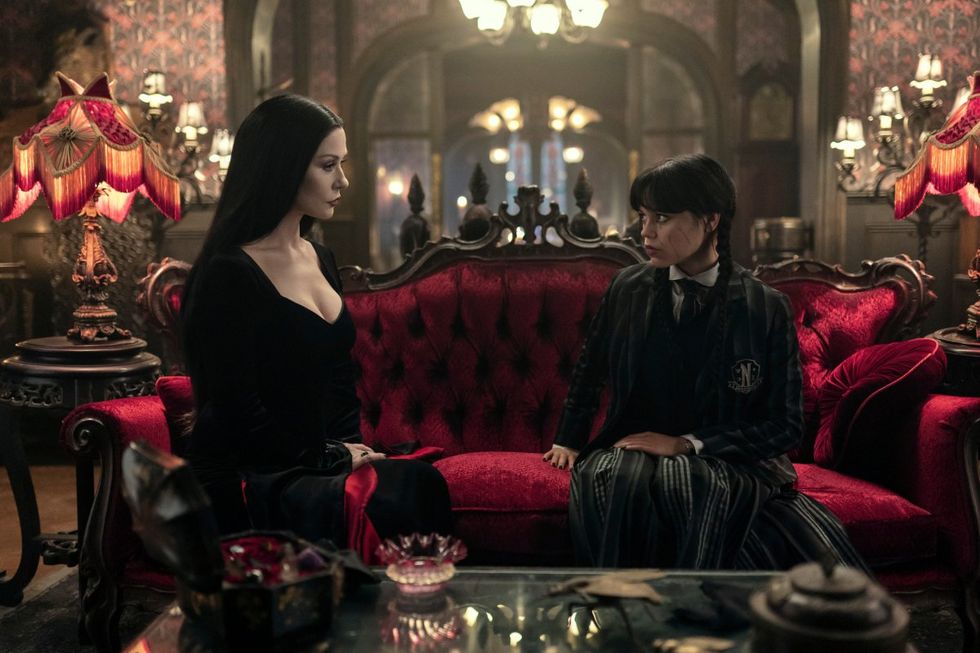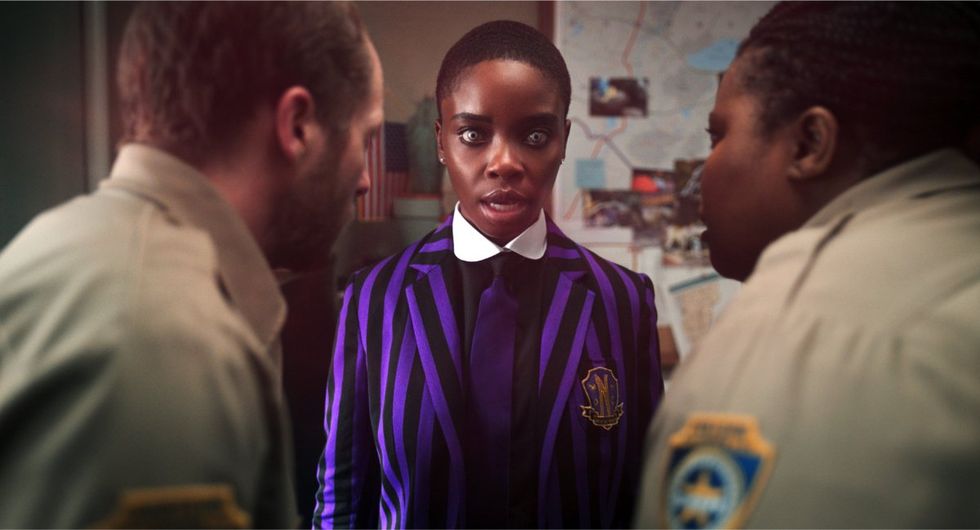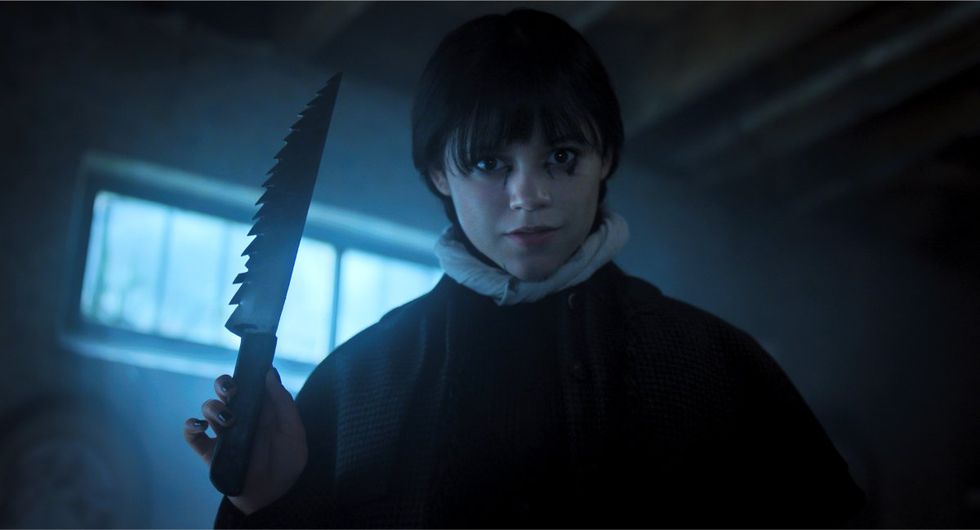Last Thursday at Billboard and The Hollywood Reporter's Pride Summit in Los Angeles, the cast of Pose had a very candid talk about colorism.
The groundbreaking Emmy-nominated FX series has recently faced a moderate amount of criticism from some fans. Viewers have pointed out the supposed villainous attitudes and harsh treatment of darker-skinned characters like Elektra Abundance and Candy Ferocity, who [spoiler alert] was brutally murdered earlier this season. "Pose has spent all of the second season fictionalizing Paris Is Burning by giving shocking storylines—ones that happened to fair-skinned people in real life—to the dark-skinned characters," points out Court Danee in their essay, 'Pose' Has an Increasingly Obvious Colorism Problem.
During the Televised Revolution: The Beings of Pose panel, Angel Curiel, Dyllón Burnside, Hailie Sahar, Indya Moore, and MJ Rodriguez sat down with moderator Jayce Baron, where he asked the cast to address the criticism from fans, specifically mentioning a line Lulu said during Candy's funeral where she believed Candy treated her poorly because she was "light skin and thick."
Activist Indya Moore, who plays Angel on the show, launched the conversation.
"I think colorism is one of the most subconscious biases that exist because Black people also contribute to it too and POC also contribute to it too, especially when you're light skin. You don't really see how you're contributing to colorism. In a lot of ways that white people don't see themselves contributing to white supremacy or anti-Blackness. People have brought up concerns around colorism. People have noticed how Dominque [Jackson who plays Elektra Abundance] and Candy seem to be the villains of the show."
"They also go through the most because they're dark-skinned, Black, trans women. Their experiences aren't the same. I think the way it was written was intentional to demonstrate not that they are villainous, but that they go through a lot and their experiences have been tough. They've had to protect everything they do have and are constantly fighting for space, even in their own community like we saw Candy constantly have to do. That shit is real."
They continued:
"In the ballroom community, there was a point where dark-skinned Black and Brown people weren't feeling visible and favored or essential to the community because all the light-skinned girls, all the Latina girls were coming in and there's so much centrism around light-skinned-ness and proximity to it. 'White woman cunt,' that is a phrase in the ballroom scene that is commending somebody that is beautiful.
There's so many ways that we as people of color adopt anti-Blackness unintentionally, but because of the way the world around us shows us to ourselves through its own perspective of what Blackness looks like, what Blackness deserves, and what Blackness does not.
I'm not in the writers' room but I do know that a lot of the ways the characters were written were intentional and we're going to get to see these characters evolve a lot more. It was something that I was concerned about too because like damn, why is that Angel is the darling? But then we have Lulu, who is the bitch."
"Misunderstood, I'd rather say," chimed in Hailie Sahar, who plays Lulu.
The audience chuckled before Moore continues, "There is a nuance in it all but I also think its really incredible to see the ways Electra is growing into her character. There still is a lot of work to be done and everyone is aware of that."
Dyllón Burnside, whose character Ricky recently made history with his sex scene with Pray Tell, added on to Moore's point. "There is a colorism issue in the world. And Pose is taking a microscope into issues that are occurring in the world."
Sahar rounded out the discussion by sharing some of her own experiences. "This subject matter for me personally is very touching. I am a multi-racial young woman. Many people don't know that I am Black but both my parents are Black and I'm mixed. I'm also a preachers kid and I grew up in a Baptist church."
"My world was very challenging as far as colorism goes. Though I do understand there are privileges to being lighter-complected, I also want to address there were times where I was bullied or treated very very bad by darker-skinned [people]."
"I'm always not something enough because no one knows what I am. I never really felt like I fit in anywhere. Though I was treated bad sometimes by darker-skinned people, I understood as I got older why. I understood there was a privilege that I had even though I wasn't carrying myself that way, that was the perception. I think that subject matter dates way far back. Way far back. I mean, we were brought over to this land. So it dates way far back and I understand it."
Sahar also pointed out how important is to openly have this kind of conversation about colorism. "I'm not in the writers' room either, but I will say that I'm glad we're talking about it now and I think that's the intention of the show."
MJ Rodriguez pointed out some of the effects of colonialism on the entire world. "Colorism has been something that has been in this world for years and beyond. In Africa, they chop off Albino limbs because they think it's magical. That's something that has been embedded—I'm sorry to the white people in the room—but it was embedded by white people due to colonialism and colorism. That is something we have to tackle with every single day simply because that has been embedded."
"Like everyone has said, [Pose] is a magnifying glass on how that is a trickle effect. Sometimes it's hereditary where people just have that, and sometimes people have to learn themselves out of that and get out of that. I think that's a wonderful thing Pose is doing, is learning themselves out of it simply due to the trans experience, but also as people of color and in a realm where they are separated from other people."
As far as colorism goes, "that's something that has happened and it needs to be seen," concluded Rodriguez.
We have no idea what the future folds for the beloved characters of Pose, but Court Danee offered some solutions in their article. "Maybe introduce a new dark-skinned trans woman as a main character, one who gets to be as dynamic and adored as Blanca or Angel or even Lulu. Maybe let Elektra finally grow as a character instead of stripping her character development for the sake of drama."
Watch the Pride Summit below:
- YouTubewww.youtube.com







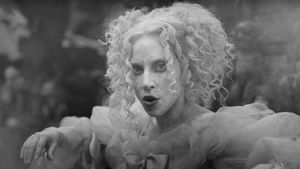


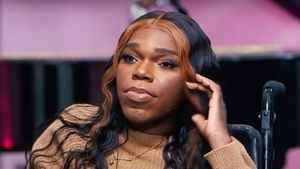




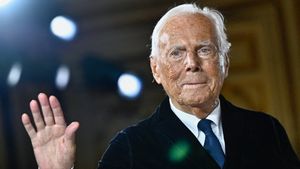

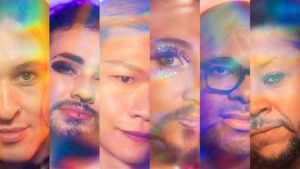





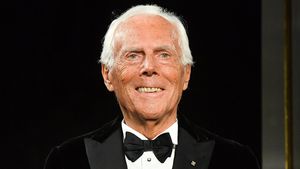





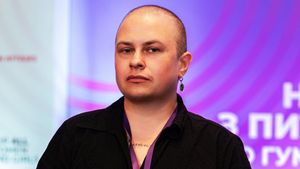
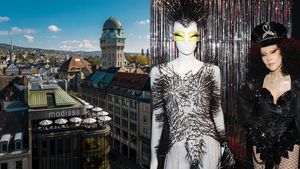
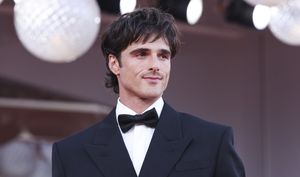


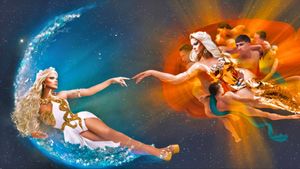



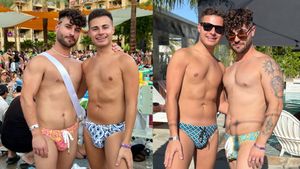
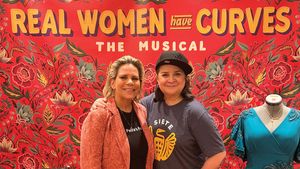


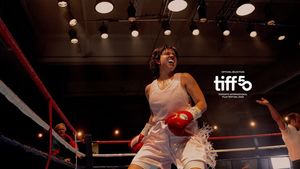










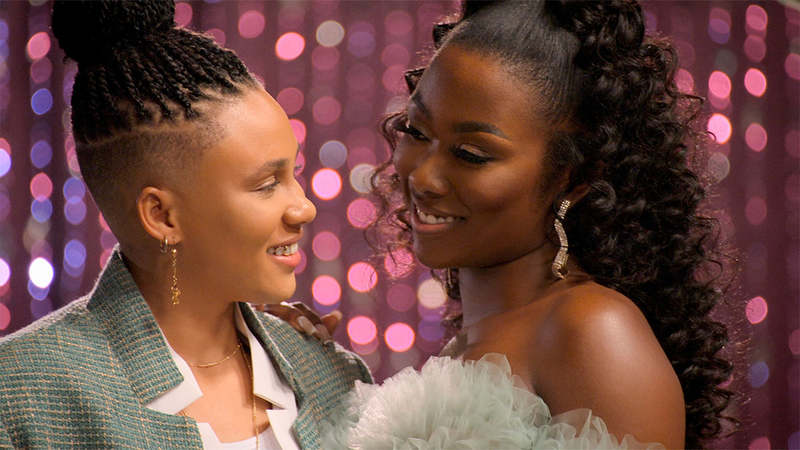
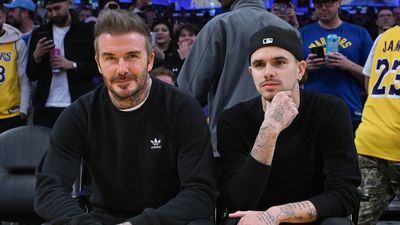

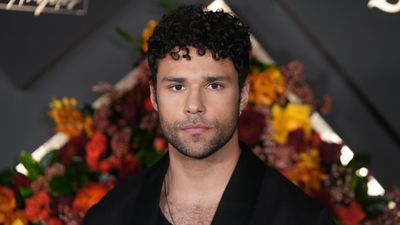


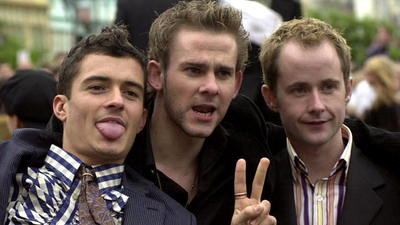
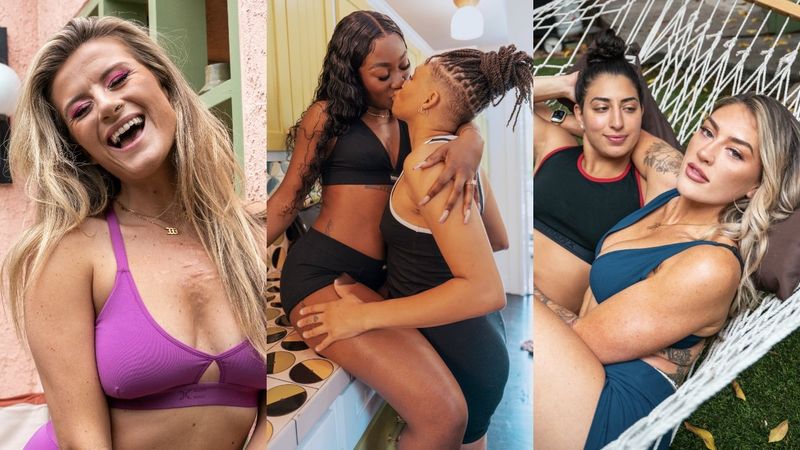
 Marita, Britney, AJ, Magan, and Dayna model TomboyX Sara Seryani
Marita, Britney, AJ, Magan, and Dayna model TomboyX Sara Seryani